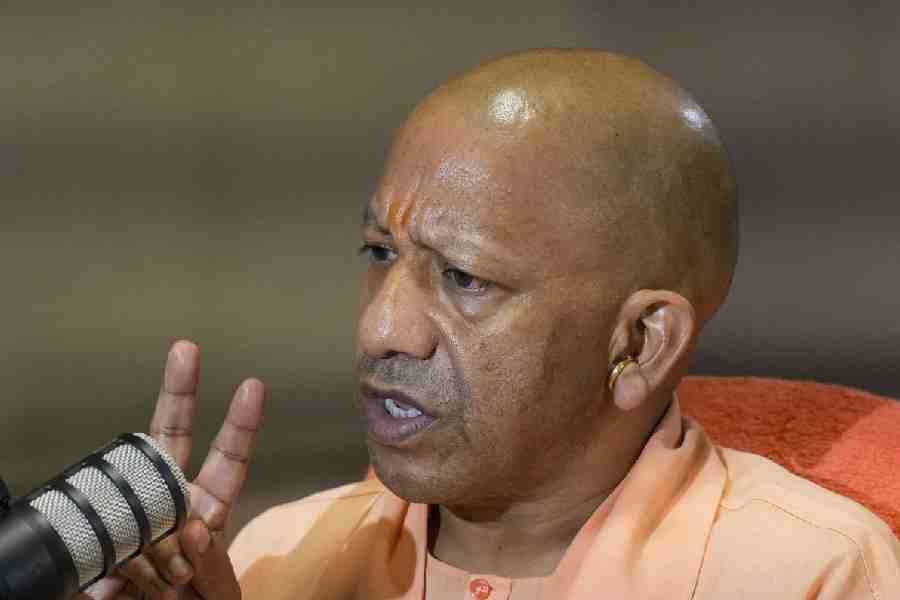Bhubaneswar, April 19: The Student Academic Management System’s (SAMS) state nodal centre for e-admissions, which was set up at BJB Junior College by the department of higher education, began functioning today with training for about 60 teachers on the process, procedure and policies for Plus Two e-admission.
“At least two representatives from each of the Plus Two junior colleges will participate in the training programme, which will span over a period of 25 days,” said projects manager of SAMS, Mrutyunjay Panda, who also imparted the training today.
This year, the department of higher education has included all 1,294 junior colleges in the state for online admission from the 2011-12 academic session. The department began its e-initiatives in 2009 with 60 junior colleges taking part in the e-admission process. The number of colleges included in the e-admission process was increased to 169 in 2010.
“At least 3 lakh students are expected to take e admissions this year and we have been doing everything to ensure a smooth conduct of the examination. Currently, there are 379 SAMS resource centres at 30 SAMS nodal colleges across the state to assist the students and parents for the e-admission procedure,' said director of higher education, Bimal Nanda. “All degree colleges in the state will be included under the e-admission procedure in the next academic year,” Nanda added.
The department has also made it clear that students not taking e-admissions will not be allowed to take the final Plus Two examinations, which are to be held in 2013.
Earlier also, training has been conducted for representatives from various nodal colleges of the state at the Orissa Computer Application Centre (OCAC).
“Nodal colleges are those colleges which have already taken part in the process in 2009 and 2010 to learn and better understand the e-admission process. Two representatives from each college include an admission-in-charge and a data-entry operator as they are the people who will execute the work,” said Panda. Participants who have taken up training will, in turn, train personnel from colleges in their individual districts.










